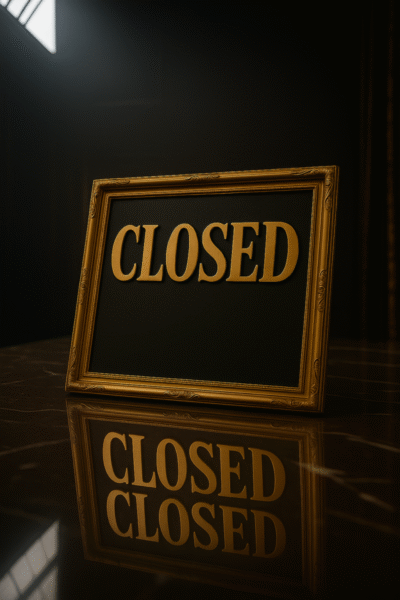We are often told that broad categories are a sign of unity.That we should all just fall under one banner: “Women.” “People of color.”
 We are often told that broad categories are a sign of unity.
We are often told that broad categories are a sign of unity.
That we should all just fall under one banner:
“Women.”
“People of color.”
“Survivors.”
“Victims.”
“Marginalized communities.”
But general categories don’t protect everyone.
They protect the already protected.
🏛️ Broad categories make it easy to sound fair—while doing nothing meaningful.
When institutions say:
“We serve all women.”
It often means:
“We center the needs of white, able-bodied, middle-class, women.”
When programs say:
“We help all Survivors.”
Too often, that leaves out:
Black girls criminalized for defending themselves
Disabled women who can’t access a shelter
Undocumented women afraid to call for help
Deaf Survivors with no interpreter
Rural women with no transportation
⚠️ General language lets people check the box without doing the work.
It allows systems to pretend they’re helping everyone—
while quietly excluding the people who need the most protection.
The vaguer the language, the less accountability.
The broader the category, the more erasure.
💥 Real justice requires uncomfortable specificity.
If you name:
Black disabled girls in state care who are abused by staff
Poor rural women with no legal aid access
Immigrant women coerced through visa threats
Some will say:
“That’s too specific.”
“That’s niche.”
“That makes things too complicated.”
But justice is always specific.
Harm is specific.
Survival is specific.
🧭 Want to know where power sits?
Look at who gets to be “the default” in the category.
Who gets services designed for them?
Who gets invited to speak or lead?
Who gets believed without question?
And who has to fight to be seen at all?
🕯️ Specificity is a form of respect.
It says: I see you.
It says: Your story matters enough to be named.
When we stop lumping everyone together,
we can start meeting people where they really are.
For the ones who were told “we help everyone”—and still got left behind.
🧠 Reflection Questions:
Have I ever used general terms that unintentionally excluded others?
When have I seen “inclusive” policies that still left out the most vulnerable?
Who in my community is being spoken about, but never spoken to or with?
What would it look like to redesign safety and healing around the most at-risk—not the most visible?
What is one specific group I want to name, serve, or advocate for more boldly?
**And P.S. ….Of course I have been guilty of doing this. I am human. This post encourages us all to remain correctable, keep listening, and keep passing the mic to others.